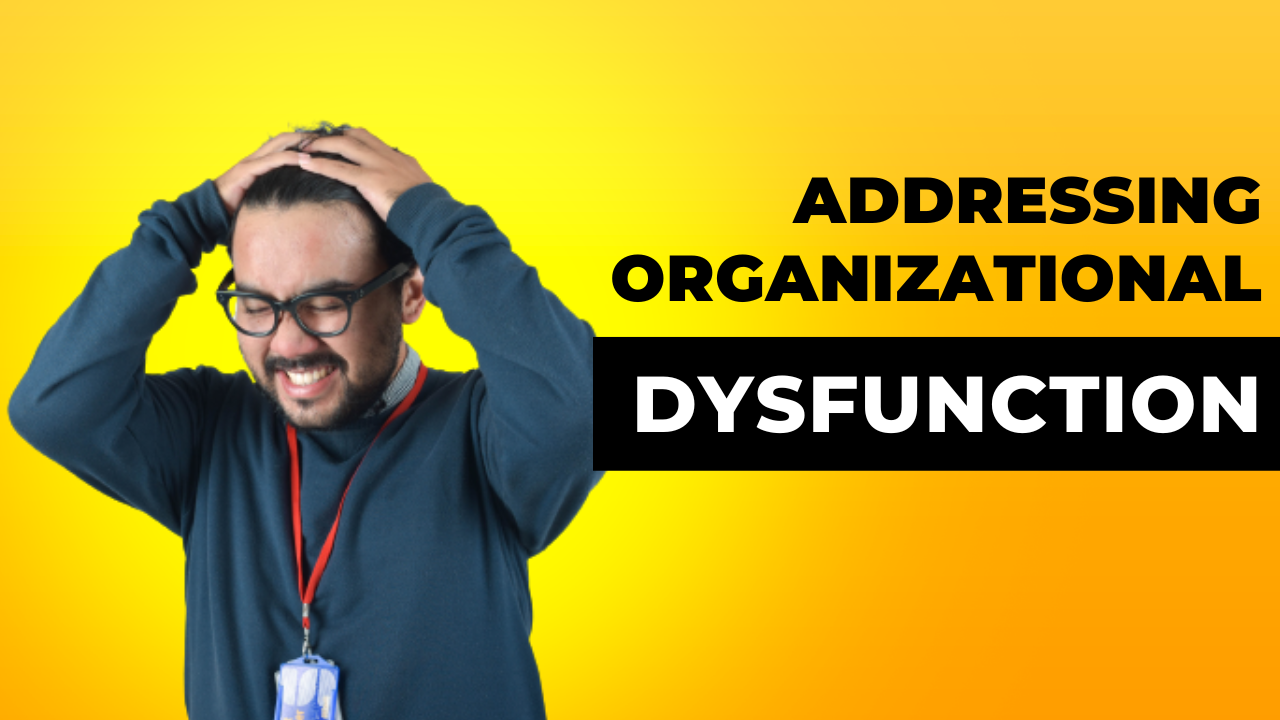Poor communication, no training, and lack of resources can lead to teams becoming less productive. But those issues could be a part of more dysfunctional problems like a fundamental lack of trust within the organization.
This video leverages Patrick Lencioni’s “The Five Dysfunctions of a Team” to highlight areas where things can go very badly.
I then use examples from Jim Collins’ book “Great By Choice” to build a team back up by allowing them to be creative and try new ideas.




